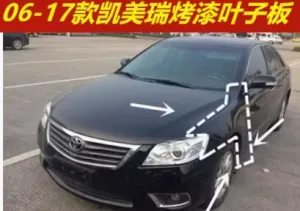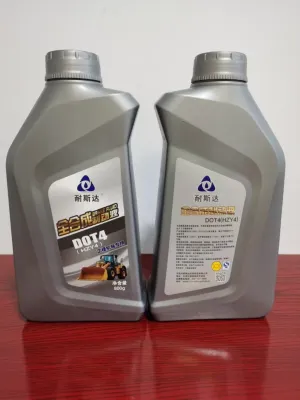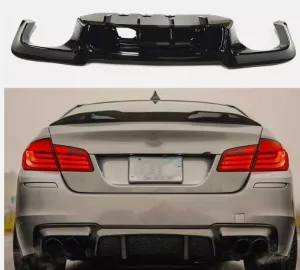TDDCHEM SINGAPORE PTE.LTD(cnauto)
Retailer
CN Supplier
1 YRS
Main Products:
Titanium dioxide, pigments, fillers, alcohols
Established:
2024-09-13
Company Size:
10000
Shandong Tuduoduo Digital Technology Co., Ltd
Retailer
CN Supplier
1 YRS
Main Products:
Titanium dioxide, pigments, fillers, alcohols
Established:
2024-08-09
Company Size:
10000
chengdutuduoduo
Retailer
CN Supplier
1 YRS
Main Products:
Whole vehicle, used car
Established:
2024-08-01
Company Size:
10000
TDD (QINGDAO ) CROSS-BORDER E-COMMERCE CO.,LTD.
Retailer
CN Supplier
2 YRS
Main Products:
Auto parts、Rubber tyre、Finished car
Established:
2023-01-01
Company Size:
10000
Hebei Changli Auto Parts Co., Ltd
Retailer
CN Supplier
19 YRS
Main Products:
Auto starter and auto alternator and components
Established:
2006-01-17
Company Size:
240
Hebei Mengwang Automotive Technology Co., Ltd
Retailer
CN Supplier
3 YRS
Main Products:
Air filter、Lubricating oil
Established:
2022-09-07
Company Size:
SMEs
Hebei Jinlitong Auto Parts Co., Ltd
Retailer
CN Supplier
17 YRS
Main Products:
Production of starters, generators, engines, cages and related equipment accessories for mini vehicles, cars, agricultural vehicles and diesel vehicles; and import and export business of self-operated products
Established:
2008-10-24
Company Size:
Miniature
QUANZHOU JUNHUA MACHINERY CO.,LTD
Manufacturer/Factory
CN Supplier
7 YRS
Main Products:
excavator and bulldozer undercarriage part(track roller,carrier roller,idler,sprocket/segment,track link)
Established:
2018-05-22
Company Size:
5000 square meters
undercarriage part for Catpillar D8N D8R track roller single flange 7T9188 246-0775
spare parts undercarriage parts track roller double flange D8N D8R D8L D8T
undercarriage part for Catpillar D8N D8R track roller single flange 7T9188 246-0775
track roller double flange undercarriage part D8R D8N D8T D8L 9W8705 196-9947
Shanghai Lianteng Industrial Co., LTD
Retailer
CN Supplier
17 YRS
Main Products:
Auto parts wholesale; Auto parts retail; Machinery and equipment sales; Sales of electronic components and electromechanical components; Sales of electronic products
Established:
2008-10-22
Company Size:
Minor
Yiwei New Energy Technology(Chengdu)Co.,Ltd
Retailer
CN Supplier
3 YRS
Main Products:
New Vehicle, Used Vehicle, Electric Vehicle, Gasoline Vehicle
Established:
2022-06-24
Company Size:
20-50人













